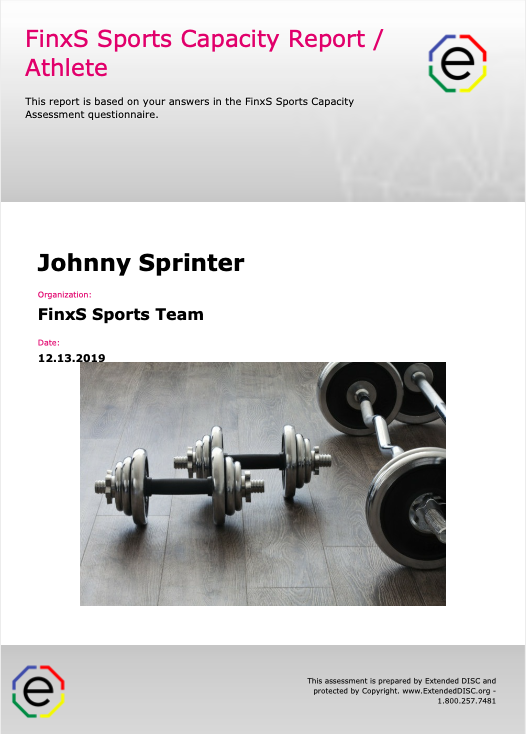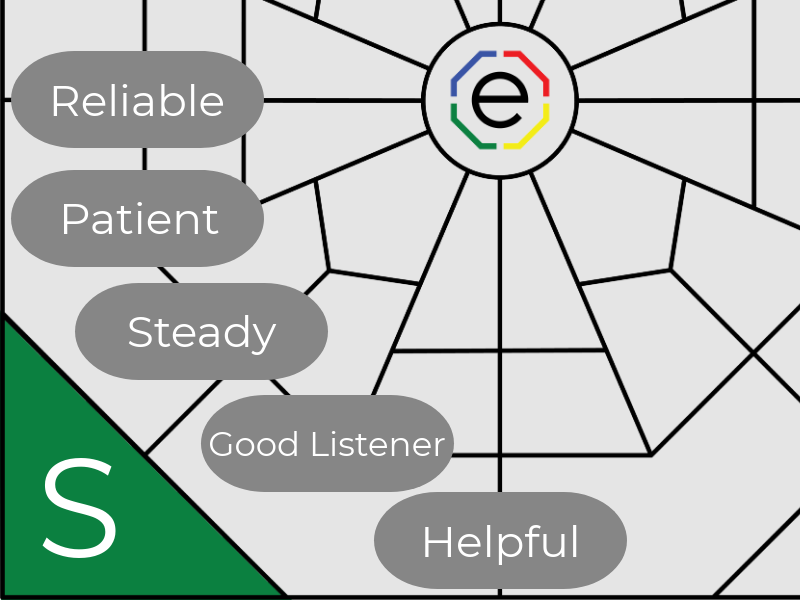
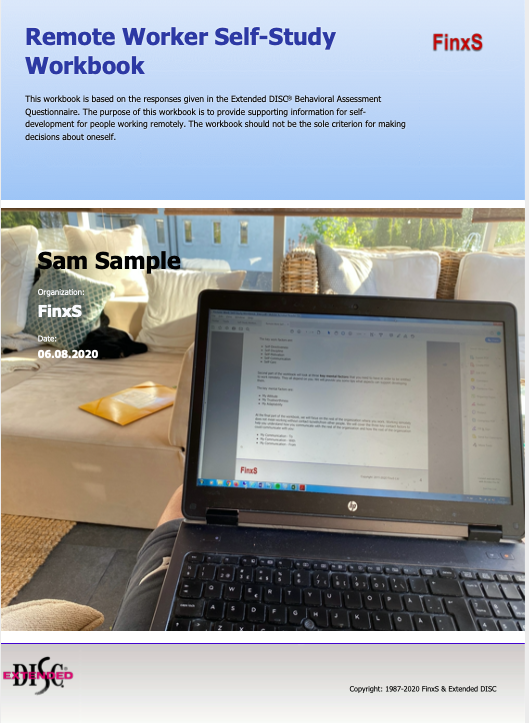
The Remote Worker Self-Study Workbook helps you create remote work settings and processes to support your strongest behavioral traits.

We have all, at one point in time, thought to ourselves, "I could've handled that situation better."
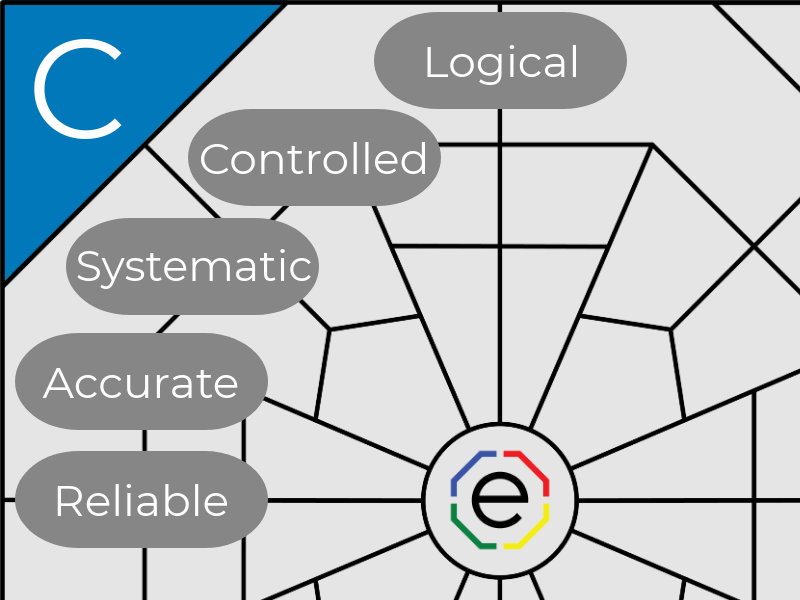
How do we identify and describe C-styles?
Do you work with or know someone who tends to be more analytical and reserved; someone we'd describe as a C-style? Has it been easy or challenging for you to interact with them? We can interact better with our C-style colleagues if we understand their style.
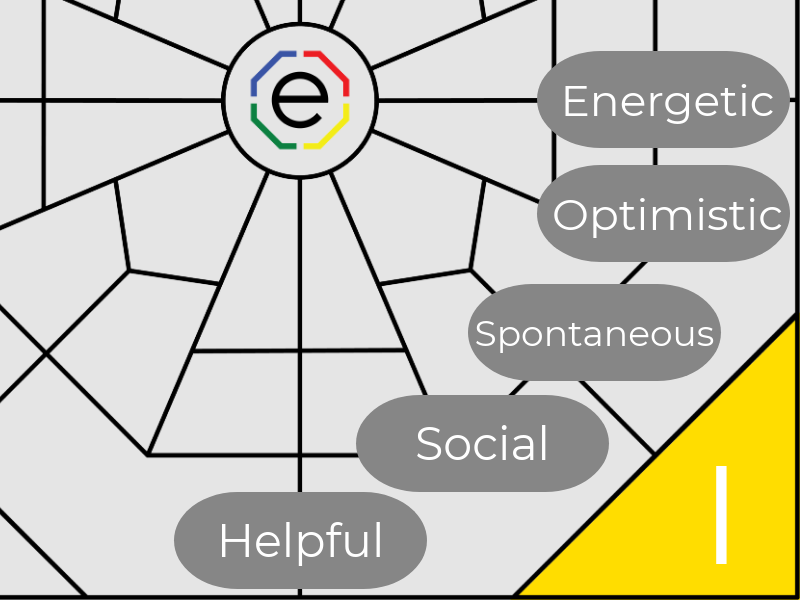
How do we identify and describe I-styles?
I-styles are typically more energetic, open, and social. Do you know anyone who is an I-style? Is it easy or more challenging for you to work with them? Understanding I-styles better can help you interact more effectively.
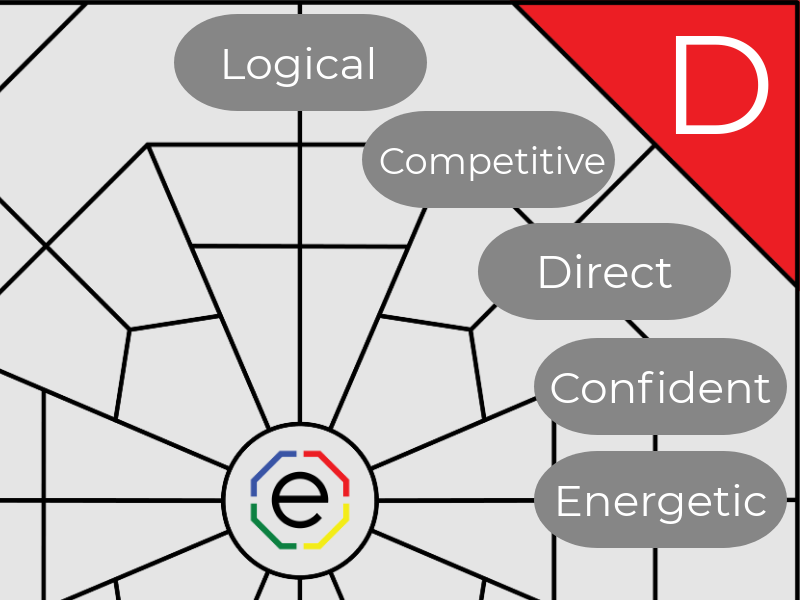
How do we identify and describe D-styles?
Do you have colleagues who tend to be fast-paced, task-focused, and more assertive? Is it easy or more challenging for you to work with them? You can interact more effectively with them if you understanding D-styles.

Preconceived views about others enable us to make quicker decisions in our interactions, but can also end up clouding our judgment.
When our misguided views transition into strong biases, it can end up inhibiting our ability to interact well with others. These limiting beliefs end up clouding our judgment. We begin to view others in an overly positive or negative way. Our own behaviors take

How can DISC help young professionals turn a job interview into a job offer?
I remember my first job was working in fast food; pretty common for a 15 year old's first shot at a paycheck, right? I'm pretty sure I got the job just by showing up for the interview; cheap labor is cheap labor! There may have been a resume, although, it would've been sparse in content. I do remember my interviewer

